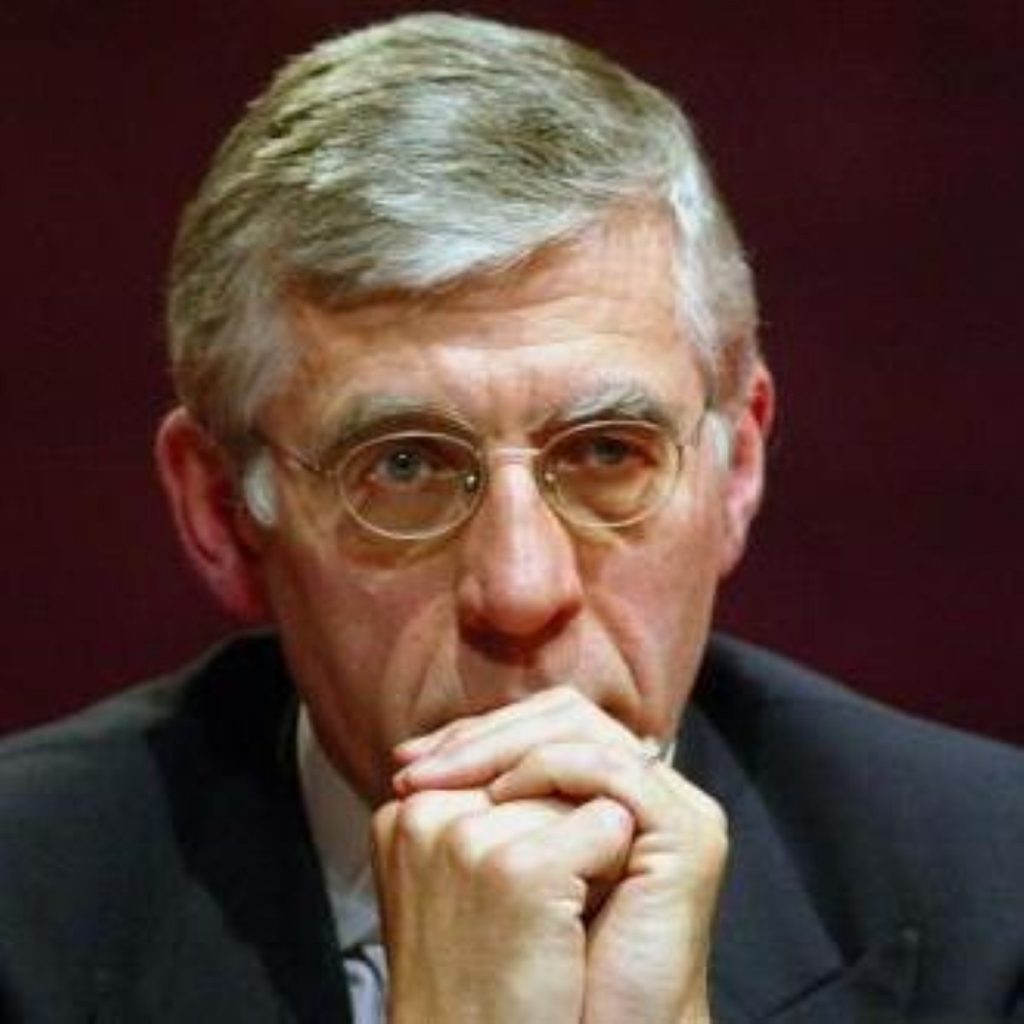Straw apologises for Srebrenica massacres
Foreign secretary Jack Straw said today that the international community should feel “shame” for not preventing the massacres in Srebrenica in 1995.
Speaking at a ceremony to mark the ten-year anniversary of the massacres, in which 8,000 Muslim men and boys were killed by Bosnian Serb forces, he said it had been one of the darkest chapters in European history since 1945.
“For it is to the shame of the international community that this evil took place under our noses and we did nothing like enough. I bitterly regret this and I am deeply sorry for it,” he said.
Mr Straw joined French and Dutch ministers and US officials at the ceremony at the Potocari cemetery, where many of the men are buried.


Mass graves continue to be uncovered of the men thought to have been slaughtered and today thousands will attend the burial of 610 newly identified bodies.
Mr Straw stressed the importance of capturing those responsible, saying it was “sickening” that former Bosnian president Radovan Karadzic and former army commander Ratko Mladic, who have been indicted for the killings by the International Criminal Court, are still free.
“No-one should protect them from facing transparent international justice,” he said.
Noting the desire of many Balkan states to join the European Union, he said Britain would do “all we can to assist” but ending the protection of the indicted men was a “fundamental and prior condition” to membership.
“As we mourn we must remember today and for always, for it is only through the living memory of the depths of depravity to which humankind can fall that we can hope to build a better future for all mankind, here and everywhere,” he said.
Mr Straw also delivered a message from Tony Blair, in which the prime minister expressed solidarity with the people of Srebrenica and added: “The bombers seek to provoke hatred between religions and between cultures. It is our duty to humanity to ensure that they never succeed.”
Speaking earlier, Lord Ashdown, international high representative in Bosnia, said the presence of Serb leader Boris Tadic at the commemorations made it “an extremely important stepping stone” on the road to building a state “which has to come to terms with its history”.
“There are still holocaust denialists among the population, especially the population here, but the Serb authorities and people are now moving from denial to recognition and of course beyond that lies reconciliation,” he told Today.

